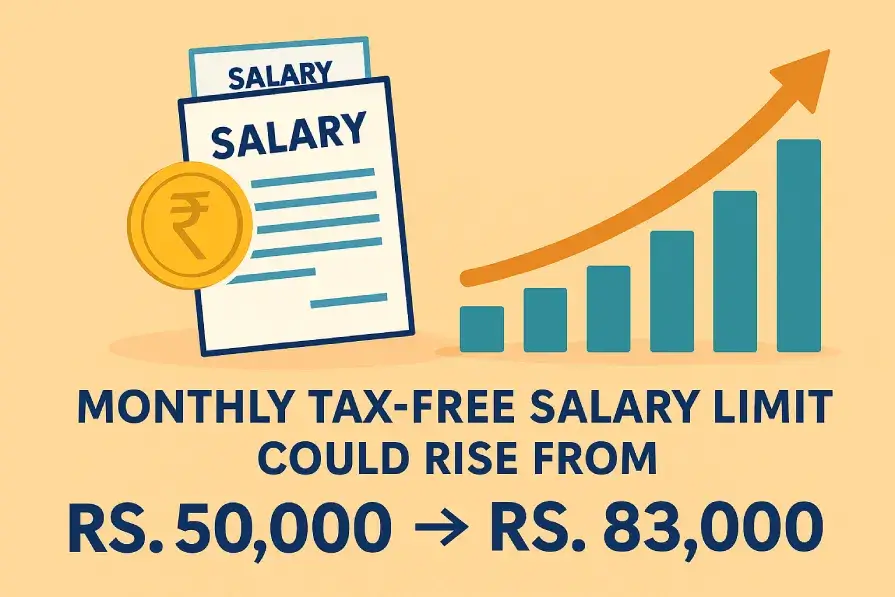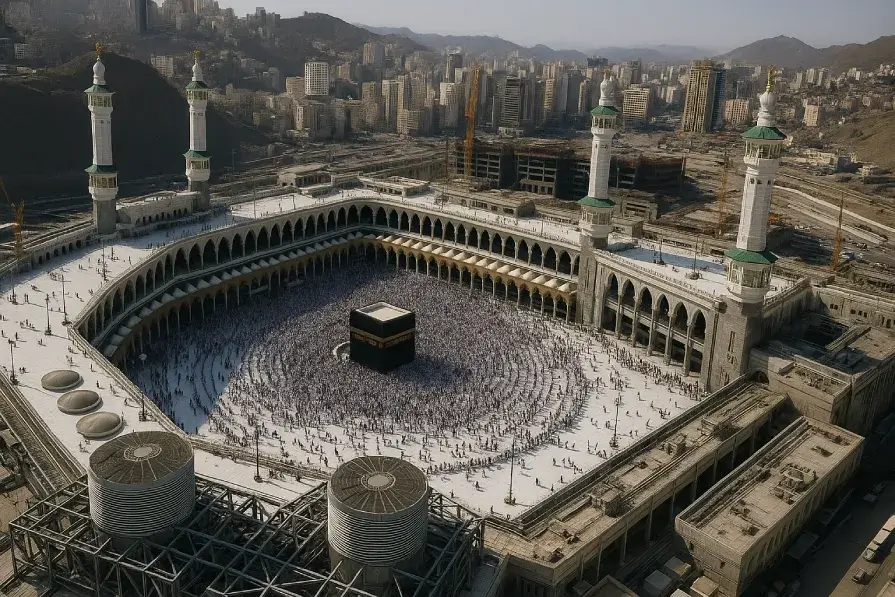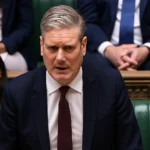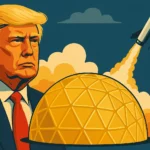Pakistan to Launch Digital Assets Authority to Regulate $25 Billion Crypto Market
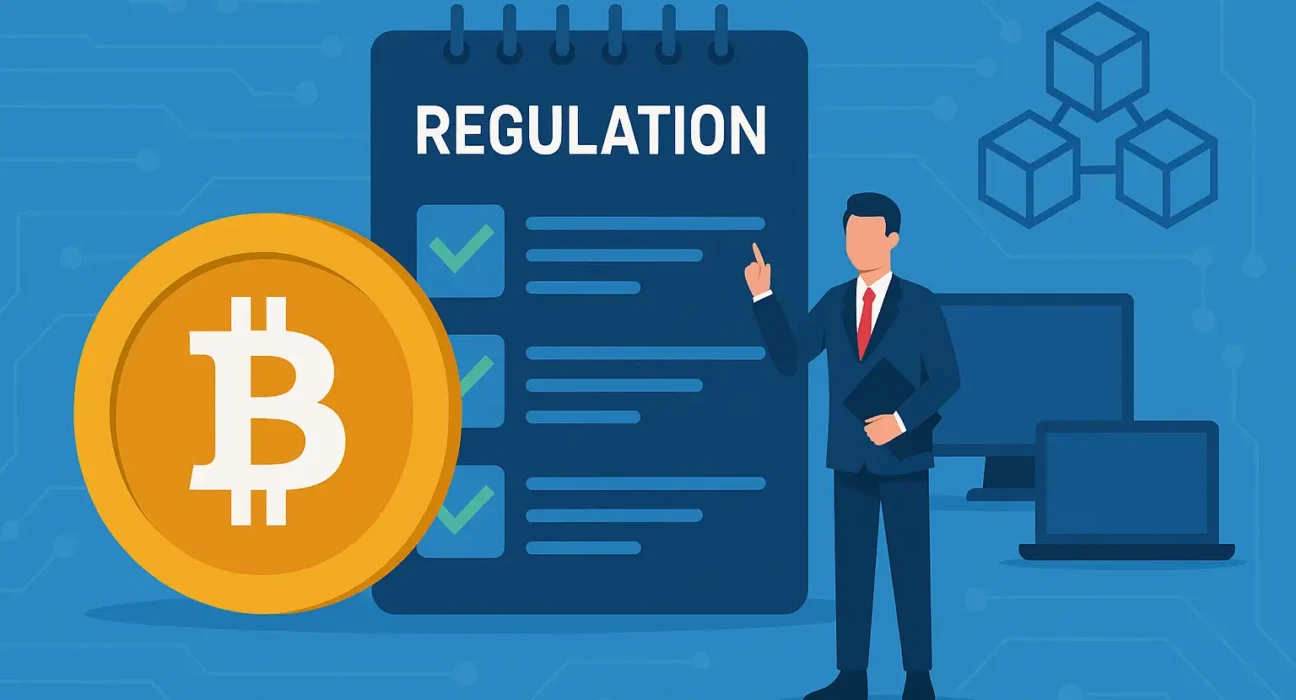
Pakistan is embarking on a digital finance era, as the Pakistan Digital Assets Authority (PDAA) will regulate and oversee the country’s expanding crypto and blockchain industry. At the request of the Ministry of Finance, this meaningful act brings clarity, lawfulness and new systems to a busy industry that was—and still is—mostly informal..
A Regulatory Leap Forward
Pakistan’s digital asset sector is finally moving from the open market to being supervised and more favorable for investors, thanks to the creation of the PDAA. The Authority will work on licensing, regulating compliance and drawing up a legal framework for crypto exchanges, digital wallets, blockchain platforms and DeFi providers.
Pakistan’s action is designed to let the crypto economy grow, keep consumers safe, prevent fraud and make digital transfers more visible.
Why Regulation Now?
Digital trading, mining and blockchain projects in Pakistan have continued unofficially for a long time, as millions of users become involved. Because of the missing rules, innovation was inhibited, investors faced more deception and foreign fintech companies were put off by the market.
Still, as there is more interest in digital finance worldwide and the competition at a regional level rises — mainly due to pro-crypto places like the UAE, Singapore and Bahrain — Pakistan must progress with its financial system.
Muhammad Aurangzeb, the Finance Minister, said the step would help Pakistan become recognized in digital finance globally. Leverage for national growth from blockchain and crypto depends more on good regulation than on restricting use, said the CEO..
What Will the PDAA Do?
PDAA is set up to act as the leading government organization for overseeing and growing digital assets. Its main duties will be to:
• Licensing crypto exchanges, wallet services and platforms on the DeFi network
• Observing transactions and ensuring that data privacy and security standards are obeyed
• Making rules to allow for turning real estate, commodities and bond holdings into digital tokens
Creating regulations for Bitcoin and crypto miningences.
• Backing the efforts of startups and innovations based on blockchain, mainly created by Pakistan’s youth
Overall, the PDAA will help connect technological progress with legal norms and grant both domestic and foreign businesses a safe and secure setting to work in.
Tokenization of National Assets
The PDAA is designed to achieve one of its biggest aims which involves turning Pakistan’s national assets into digital tokens that can trade on blockchain networks.
This may cover tokenized properties, energy assets, store your shares of government bonds or physical gold. Making assets into tokens allows them to be bought or sold more easily, supports easy investment by all investors and can be managed securely via smart contracts.
With this model, Pakistan could draw investors from all over the world, effectively use its assets and increase the transparency in finance..
Crypto Mining Gets the Green Light
It also wishes to address cryptocurrency mining, an area that has led to debate in Pakistan due to power usage and a lack of legal clarity. Rather than forbidding it, the government now wants to approve and manage crypto mining, especially of Bitcoin, according to strong environmental and security standards.
Because of this, regions with access to energy surpluses could get many jobs and Pakistan could become a main center for green mining that uses hydro and solar power.
Through legalization, it is hoped that the government can collect tax income, boost security efforts and control the increasing illegal mining carried out in underground markets.
Regional and Global Impact
Pakistan is now joining other countries as it adopts digital finance. Proactive regulations in the UAE and Singapore have drawn billions in money and made them leading fintech players around the world.
When the PDAA is fully in place, Pakistan could equal or surpass neighbors in business and technology, attract the attention of venture capitalists worldwide and make use of remittances and cross-border payments powered by blockchain technology.
The move may make it easier for Pakistan to interact with the FATF and global lenders since its crypto market will no longer go unnoticed on its financial map.
Final Thoughts
Pakistan Digital Assets Authority being launched is a milestone for the nation’s tech and finance communities. With over $25 billion of crypto already being used informally, Pakistan could gain a lot by making its crypto economy official.
Thanks to its regulation of trading, protection of investors, promotion of progress and support for tokenization and mining, the PDAA could build a strong and accessible financial system. If you’re a young entrepreneur or a curious investor, the message for Pakistan remains the same: We are ready to join the global digital economy safely and confidently.



